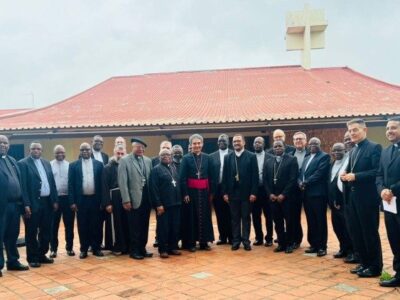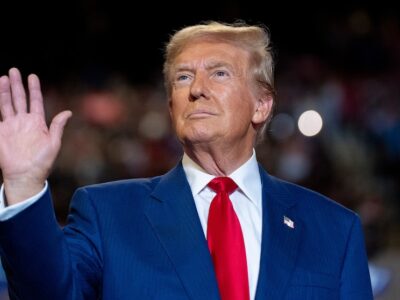INDIA – In a landmark announcement during the recent G20 world leaders’ summit in New Delhi, Indian Prime Minister Narendra Modi unveiled a pivotal development in the realm of global governance: Africa’s official entry into the prestigious Group of 20 nations (G20).
This historic move catapults Africa to the forefront of the world’s most influential decision-making bodies, second only to the European Union on the regional front.
According to LOL news agency, Africa’s entry into the G20 marked a turning point in global governance, offering hope for a more inclusive, equitable, and sustainable future.
South Africa, until now, had been the solitary African representative in the G20.
The African Union’s (AU) membership in this exclusive club is set to reshape the global landscape, providing a platform to address pressing issues such as climate change, international trade, and debt.
The inclusion of the African Union in the G20 brings a cacophony of voices, ideas, and perspectives from the continent.
Kenyan President, William Ruto, lauds this development, stating, “We welcome the AU, representing the fastest-growing continent, getting a seat in the G20.
This will give African interests and perspectives voice and visibility in this important body.”
Read more: Africa advocates for representation at G20 common framework
Ruto emphasised that Africa’s imminent growth would enable it to shape G20 decisions and advocate for reforms in international financial institutions.
Neema Lugangira, Member of Parliament from Tanzania, underscored the significance of Africa’s inclusion, noting in a press release that despite its vast resources and market potential, Africa had grappled with economic and social challenges.
Joining the G20, Lugangira believed, would safeguard Africa’s interests and facilitate much-needed economic and social development.
Faten Aggad, Senior Advisor on Climate Diplomacy and Geopolitics at the African Climate Foundation (ACF), emphasised the need for clear structures and mechanisms to ensure that the AU’s representation aligned with African views.
However, Fadhel Kaboub, an Associate Professor of Economics, urged caution.
He warns that Africa should not fall into the historical roles of providing raw materials and serving as a consumer market for the Global North.
According to a press release by the Global Strategic Communications Council, Kaboub advocated for Africa to use its G20 seat to demand a global trade, finance, and investment overhaul.
He highlights the importance of investments in food sovereignty, renewable energy, and high-value industrial policies to harness the Global South’s potential.
WARNING! All rights reserved. This material, and other digital content on this website, may not be reproduced, published, broadcast, rewritten or redistributed in whole or in part without prior express permission from ZAMBIA MONITOR!












Comments